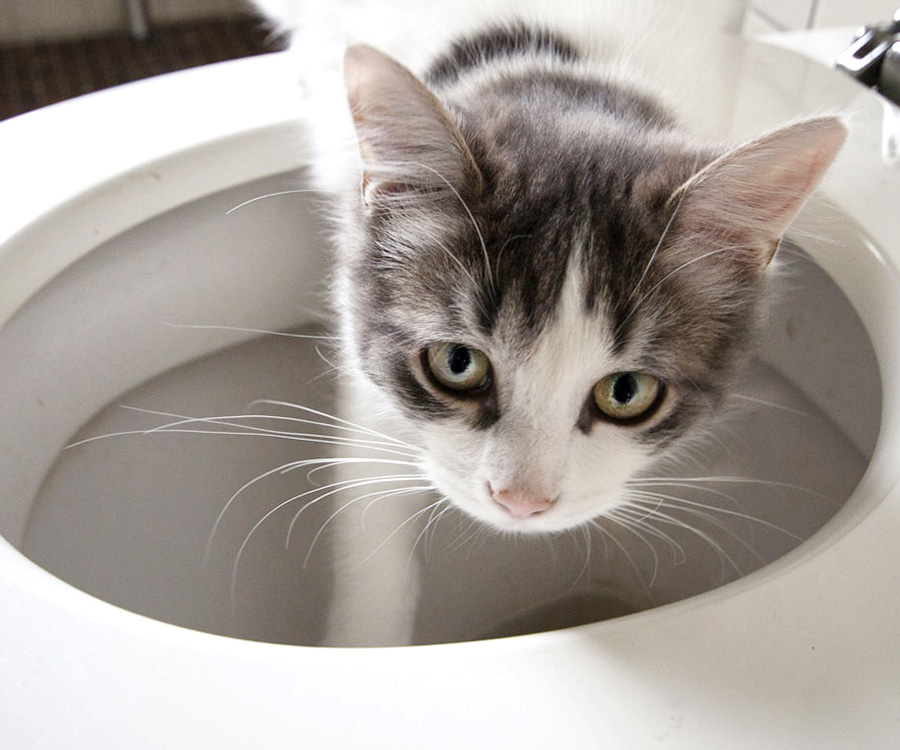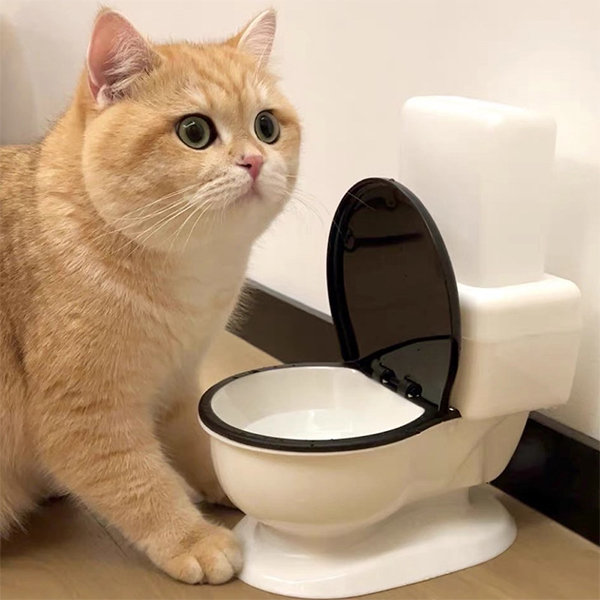Reasons Flushing Cat Poop Down Your Toilet May Cause Problems - Recommendations for Proper Handling
Reasons Flushing Cat Poop Down Your Toilet May Cause Problems - Recommendations for Proper Handling
Blog Article
Are you currently interested in content concerning Can You Flush Cat Poo or Litter Down the Toilet??

Intro
As cat proprietors, it's vital to bear in mind exactly how we dispose of our feline close friends' waste. While it might seem convenient to purge feline poop down the commode, this method can have detrimental effects for both the environment and human health.
Ecological Impact
Flushing cat poop presents dangerous microorganisms and parasites right into the water system, positioning a significant risk to water ecological communities. These contaminants can negatively influence marine life and concession water quality.
Wellness Risks
Along with ecological concerns, flushing pet cat waste can additionally present wellness risks to humans. Pet cat feces may include Toxoplasma gondii, a parasite that can trigger toxoplasmosis-- a possibly serious disease, especially for expectant women and individuals with damaged immune systems.
Alternatives to Flushing
Thankfully, there are much safer and much more accountable ways to get rid of cat poop. Take into consideration the adhering to options:
1. Scoop and Dispose in Trash
The most common technique of disposing of cat poop is to scoop it into an eco-friendly bag and toss it in the garbage. Make sure to use a dedicated clutter scoop and get rid of the waste quickly.
2. Usage Biodegradable Litter
Choose biodegradable pet cat litter made from products such as corn or wheat. These clutters are eco-friendly and can be safely dealt with in the garbage.
3. Bury in the Yard
If you have a yard, take into consideration hiding cat waste in a marked location away from veggie yards and water sources. Make certain to dig deep sufficient to prevent contamination of groundwater.
4. Set Up a Pet Waste Disposal System
Invest in a pet dog waste disposal system especially created for cat waste. These systems make use of enzymes to break down the waste, minimizing smell and environmental influence.
Conclusion
Accountable pet possession prolongs beyond offering food and shelter-- it additionally involves correct waste management. By refraining from flushing pet cat poop down the toilet and going with alternate disposal methods, we can minimize our environmental impact and shield human wellness.
Why You Should Never Flush Cat Poop Down the Toilet
A rose by any other name might smell as sweet, but not all poop is created equal. Toilets, and our sewage systems, are designed for human excrement, not animal waste. It might seem like it couldn’t hurt to toss cat feces into the loo, but it’s not a good idea to flush cat poop in the toilet.
First and foremost, assuming your cat uses a litter box, any waste is going to have litter on it. And even the smallest amount of litter can wreak havoc on plumbing.
Over time, small amounts build up, filling up your septic system. Most litter sold today is clumping; it is made from a type of clay that hardens when it gets wet. Ever tried to scrape old clumps from the bottom of a litter box? You know just how cement-hard it can get!
Now imagine just a small clump of that stuck in your pipes. A simple de-clogger like Drano isn’t going to cut it. And that means it’s going to cost you big time to fix it.
Parasitic Contamination
Believe it or not, your healthy kitty may be harboring a nasty parasite. Only cats excrete Toxoplasma in their feces. Yet it rarely causes serious health issues in the cats that are infected. Most people will be fine too if infected. Only pregnant women and people with compromised immune systems are at risk. (If you’ve ever heard how women who are expecting are excused from litter cleaning duty, Toxoplasma is why.)
But other animals may have a problem if infected with the parasite. And human water treatment systems aren’t designed to handle it. As a result, the systems don’t remove the parasite before discharging wastewater into local waterways. Fish, shellfish, and other marine life — otters in particular — are susceptible to toxoplasma. If exposed, most will end up with brain damage and many will die.
Depending on the species of fish, they may end up on someone’s fish hook and, ultimately on someone’s dinner plate. If that someone has a chronic illness, they’re at risk.
Skip the Toilet Training
We know there are folks out there who like to toilet train their cats. And we give them props, it takes a lot of work. But thanks to the toxoplasma, it’s not a good idea.

We were introduced to that article on How to Dispose of Cat Poop and Litter Without Plastic Bags through an acquaintance on a different web page. Make sure you take the opportunity to distribute this entry if you liked it. I am grateful for your time. Come back soon.
Call Today Report this page